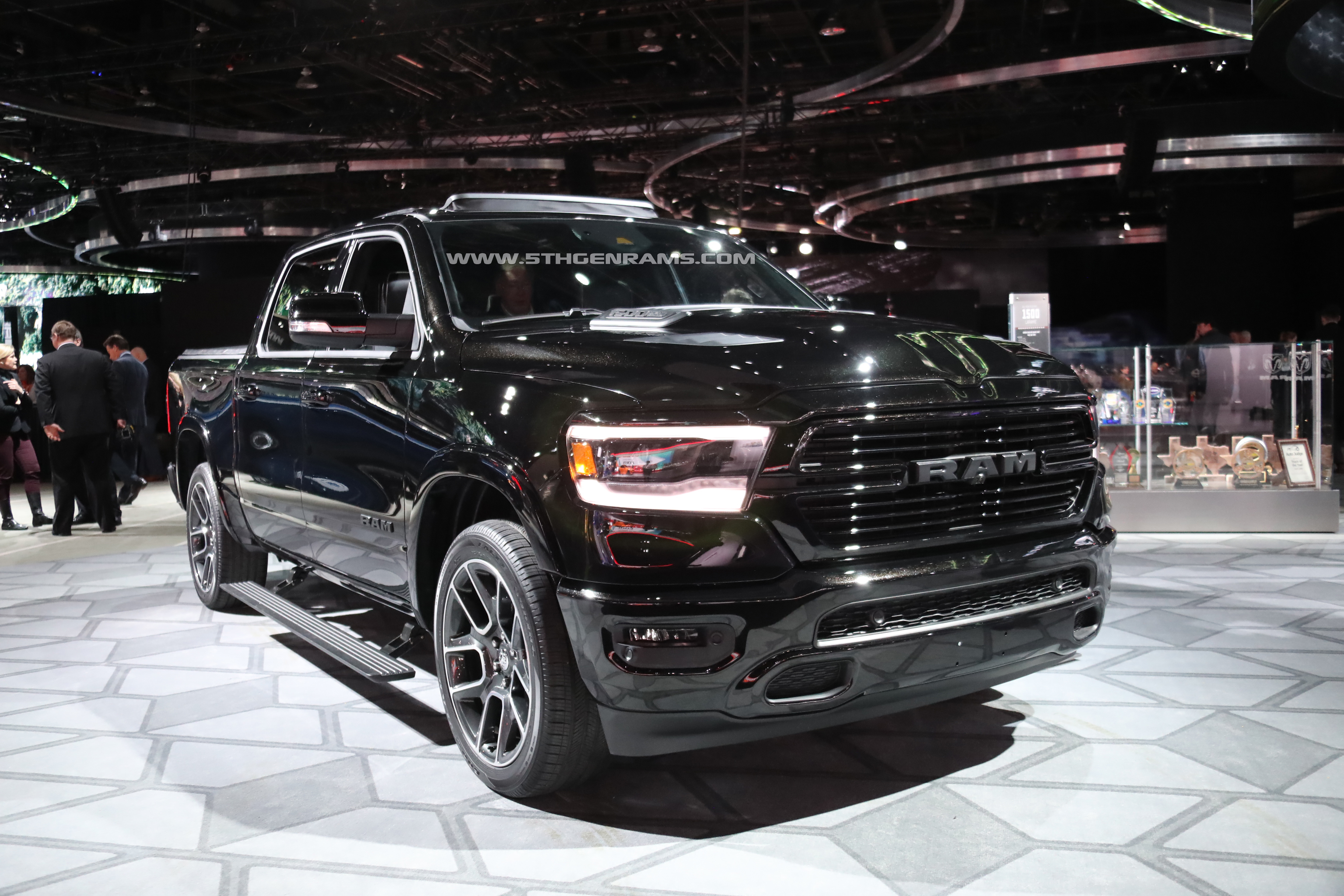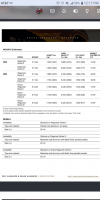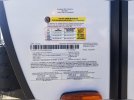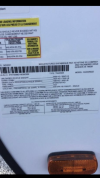Gonna jump in here.
I have a 2022 Limited on order (see my sig) and it looks like I will be waiting quite a bit longer than I thought for my exact payload number. From all the research I've done (including some very helpful sleuthing from this forum), I should be right around 1200lbs, so we'll go with that as my "exact" number for now.
Mine and my wife's number one trailer choice has been narrowed down to this:
Discover Sunset Trail RVs: easy to tow with diverse floorplans, spacious bedrooms, and luxurious kitchens for families and couples on the go.
www.crossroadsrv.com
It looks pretty comfortably doable to me but I'm confused about a few things.
I know the hitch weight listed is dry so I've been adding 200lbs as a top-end estimate for a loaded tongue (filled propane tank(s) and battery, and a WDH). Is there another, better and more precise way to calculate this?
Also, there is a slightly larger version of this trailer with a higher dry hitch weight but lower GVWR. How does that work? I am probably not going to go with that one as it's 30 feet long and I'm afraid that will give me a bit too much wag potential.
I have seen trailers with considerably higher dry hitch weights than this one (say 560-640lbs), which threaten to (or would) put me over payload with my family in the truck, but have a dry weight and GVWR anywhere from 1,000 to 1,800lbs lower, suggesting it's a much easier tow. How is it that some trailers have a hitch weight that's doable for me, but a GVWR that, if the cargo capacity of the trailer was maxed out (or close to it), would make it exceed the GVWR of my truck, which makes me nervous that it's too big?
Just trying to get some clarification here. It's all a bit overwhelming. Thanks!
















